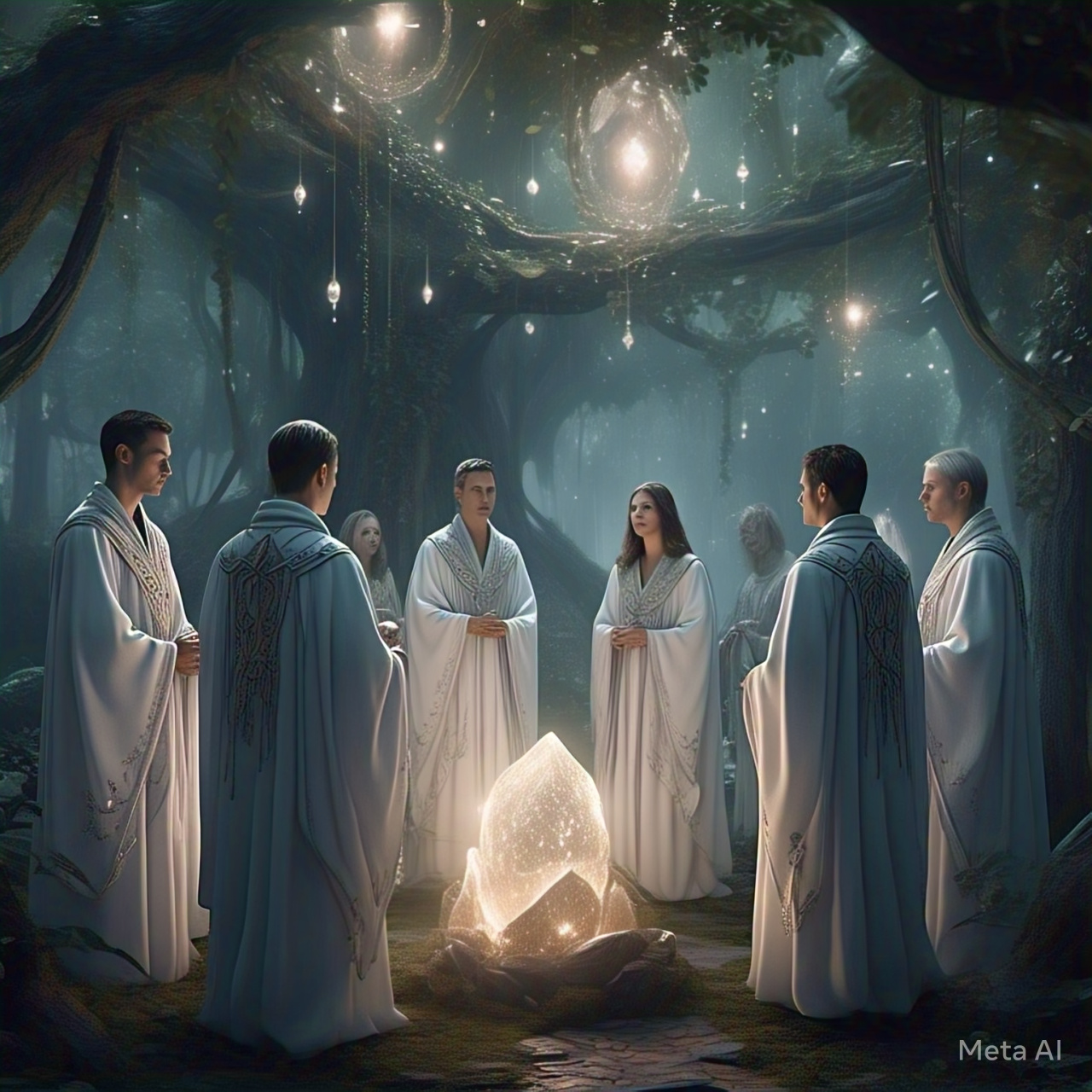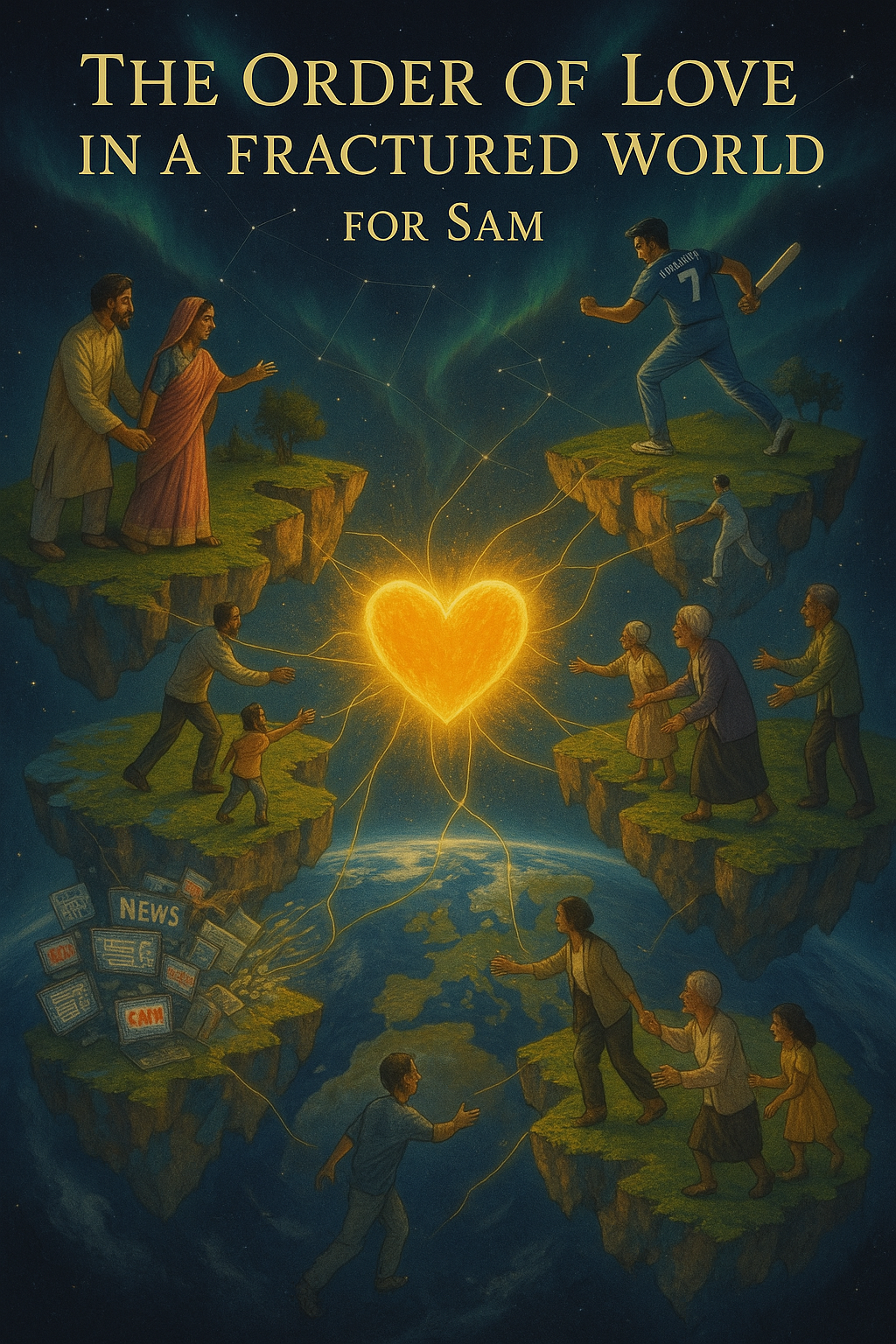Discovering Your True Self
You reveal your true self in more ways than you realize. The friends you choose, the tone of your voice, how you spend your free time—all of it speaks volumes. Your habits with money and how you spend your hours are reflections of your priorities and values.
People can learn who you are from the clothes you wear, your attitude when facing challenges, and the humor you enjoy. Even the songs you listen to or the entertainment you consume offer insights into your personality.
The way you carry yourself—your posture, your stride, your conversations—tells a story. What you speak about with passion, how you handle failure, even the grace (or lack thereof) with which you eat—each of these small moments reveals something about you. The books you pull off the shelf, the ones you treasure or recommend, they’re pieces of your character too.
So, trying to pretend to be something you’re not is pointless. The truth of who you are always finds its way through. You tell on yourself, often without even knowing it.
Real greatness doesn’t come from grand gestures. It lies in simplicity—being true to yourself without the need for show.
And when it comes to love, sometimes it’s wiser for a woman to choose the man who adores her deeply, rather than the one she merely loves—because lasting affection grows stronger when it’s rooted in genuine devotion
When U.S. Vice President JD Vance recently invoked the ancient concept of Ordo Amoris—Latin for “the order of love”—it reignited a deep theological and ethical debate. While the phrase may be unfamiliar to modern ears, its roots stretch back to the 5th century CE when Augustine of Hippo, later canonized as Saint Augustine, outlined a divine sequence of love in his influential work The City of God. Augustine proposed that love should begin with God, extend inward to the self (as one aligned with God), then outward to others—first to one's neighbor, then to broader society.
Centuries later, the medieval philosopher and theologian Thomas Aquinas expanded this model, placing God at the apex of a love hierarchy that flowed outward like ripples from a central spring—first to immediate family, then to community, and finally to all humanity.
Yet when Vance referenced this idea, he did so not in a spiritual or philosophical context, but to justify a political agenda—namely, the prioritization of native-born citizens over immigrants, framing it as a Christian duty. This interpretation met with strong opposition, including from Pope Francis, who emphasized Christ’s directive to “love your neighbor as yourself,” a commandment without borders or qualifications.
Beyond theology, even evolutionary science offers a similar, though godless, framework for prioritizing love and empathy. Sociobiology suggests that genetic survival drives humans to protect those closest in kin first—children, blood relatives, ethnic groups—spreading outward through layers of shared identity such as caste or religion.
But such tribal thinking proves dangerous in today’s fractured world. Refugees, whether Palestinian or Rohingya, Ukrainian or Bangladeshi, often belong to no protected group. They represent the growing population of the uprooted—those who flee violence, poverty, and ecological collapse, only to meet cold indifference or rejection.
This rising tide of displacement comes at a time when humanity faces a common existential threat: climate change. In the Anthropocene age, where human activity reshapes the planet’s fate, isolationism becomes not just morally questionable but collectively suicidal.
The ancient Indian Upanishads offer a vision that could serve as a guiding light in these dark times: Vasudhaiva Kutumbakam—“The world is one family.” This is no longer just a philosophical ideal, but a necessary mindset for survival.
The term “humankind” captures this perfectly: it demands both humanity and kindness. It draws no lines between “us” and “them,” between the fortunate and the forsaken. We are all children of the Earth—Gaia, the timeless mother of life.
Centuries ago, John Donne reminded us that “no man is an island.” His words still echo: every human life lost, every suffering endured, chips away at our collective soul. The tolling bell has long been sounding. The question is—how much longer will we pretend not to hear it?
IF HE EXIST
I drive joy there was a doctor in Benaras who
spent 7 minutes in the morning and evening for mediation on God. Knowing this,
his colleagues and friends laughed at him. One day they argued that he was
wasting 7 precious minutes on something, which he had been misled into
believing. The doctor replied, “Well, if God does not exist, I agree that I am
wasting 7 minutes a day. But, if He exists? I am afraid you are wasting your
entire lifetime. I prefer to waste 7 minutes rather than a lifetime. Why should
you grudge me the 7minutes joy that I derive 4m.-
ILLUSTRATED REVIEW : 7thheaven moment of the week
IN ipl Liverpool no 7 scored a goal












No comments:
Post a Comment